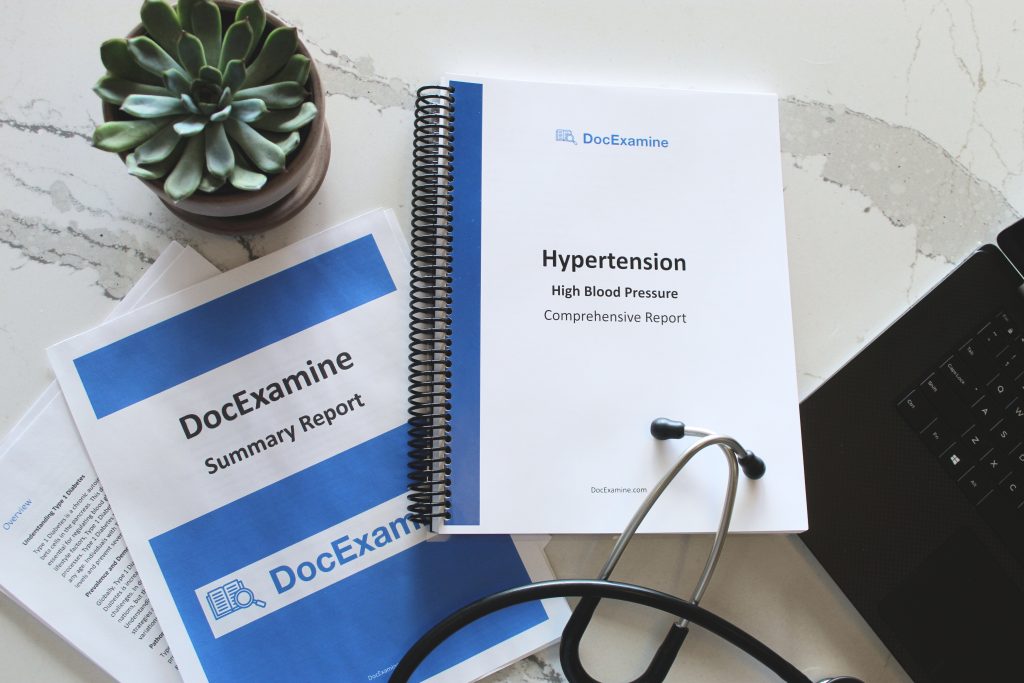If you’ve been diagnosed with Hashimoto’s Disease or suspect you have an underactive thyroid, you’ve probably been told that medication is the main solution. But what if a simple nutrient deficiency was making your symptoms worse?
Many people with Hashimoto’s are missing a key mineral that directly affects thyroid function—and chances are, your doctor may not have tested for it.
Let’s dive into what this hidden nutrient is, why it matters, and how to restore your levels naturally.
Why Your Thyroid Needs This Mineral
The thyroid gland relies on several essential nutrients to function properly, but one stands out as particularly important for people with Hashimoto’s:
Selenium
Selenium is a powerful trace mineral that plays a critical role in thyroid hormone metabolism. It’s essential for:
- Reducing thyroid inflammation – Selenium helps lower thyroid antibodies (like anti-TPO), which are responsible for attacking your thyroid in Hashimoto’s.
- Supporting thyroid hormone conversion – Your body needs selenium to convert inactive T4 into the active form, T3, which gives you energy and keeps your metabolism running.
- Acting as an antioxidant – Selenium protects thyroid cells from oxidative damage and reduces inflammation, preventing further destruction of thyroid tissue.
Without enough selenium, your thyroid struggles to function, making Hashimoto’s symptoms worse over time.
Are You Low in Selenium? Common Signs of Deficiency
Selenium deficiency isn’t always obvious, but it can show up in a few key ways:
- Persistent fatigue – Even after getting a full night’s sleep, you feel exhausted.
- Hair thinning or shedding – Your hair falls out more than usual, or it’s brittle and weak.
- Brain fog – You have trouble focusing, forget things easily, or feel mentally sluggish.
- Cold hands and feet – A slowed metabolism from poor thyroid function can cause poor circulation.
- Frequent illness – Selenium helps regulate the immune system, so low levels can make you more prone to colds and infections.
If you have Hashimoto’s and notice these symptoms, you may not be getting enough selenium from your diet.
How to Boost Selenium Naturally
The good news? You can easily restore your selenium levels through food and supplements. Here’s how:
1. Eat Selenium-Rich Foods
The best way to get selenium is through whole foods. Aim to include these selenium-rich foods in your diet:
- Brazil Nuts – The #1 richest food source of selenium. Just 1-2 nuts per day provides your entire daily requirement!
- Wild-Caught Fish – Tuna, salmon, sardines, and halibut are all great sources.
- Grass-Fed Meats – Beef, turkey, and chicken contain selenium that’s easy for your body to absorb.
- Eggs – A simple and nutritious source of selenium.
- Brown Rice & Whole Grains – Whole grains contain selenium, but the amount depends on soil quality.

2. Consider a Selenium Supplement
If you’re not getting enough selenium from food, supplementation may be a good option—especially if lab tests show low levels.
- Dosage: Studies suggest that 200 mcg per day is an effective dose for reducing thyroid antibodies in Hashimoto’s.
- Best Forms: Look for selenium methionine or selenium selenite, as they are more easily absorbed.
- Caution: More isn’t better! Selenium is a trace mineral, and high doses (over 400 mcg/day) can be toxic. Stick to food sources or carefully monitored supplementation.
The Bottom Line: Don’t Ignore Selenium’s Role in Hashimoto’s
If you have Hashimoto’s or hypothyroidism, selenium is one of the most important nutrients for your thyroid health.
➡️ It helps reduce thyroid antibodies
➡️ It supports active thyroid hormone production
➡️ It protects your thyroid from further damage
Whether through Brazil nuts, fish, or a supplement, getting enough selenium can be a game-changer in managing Hashimoto’s symptoms.


